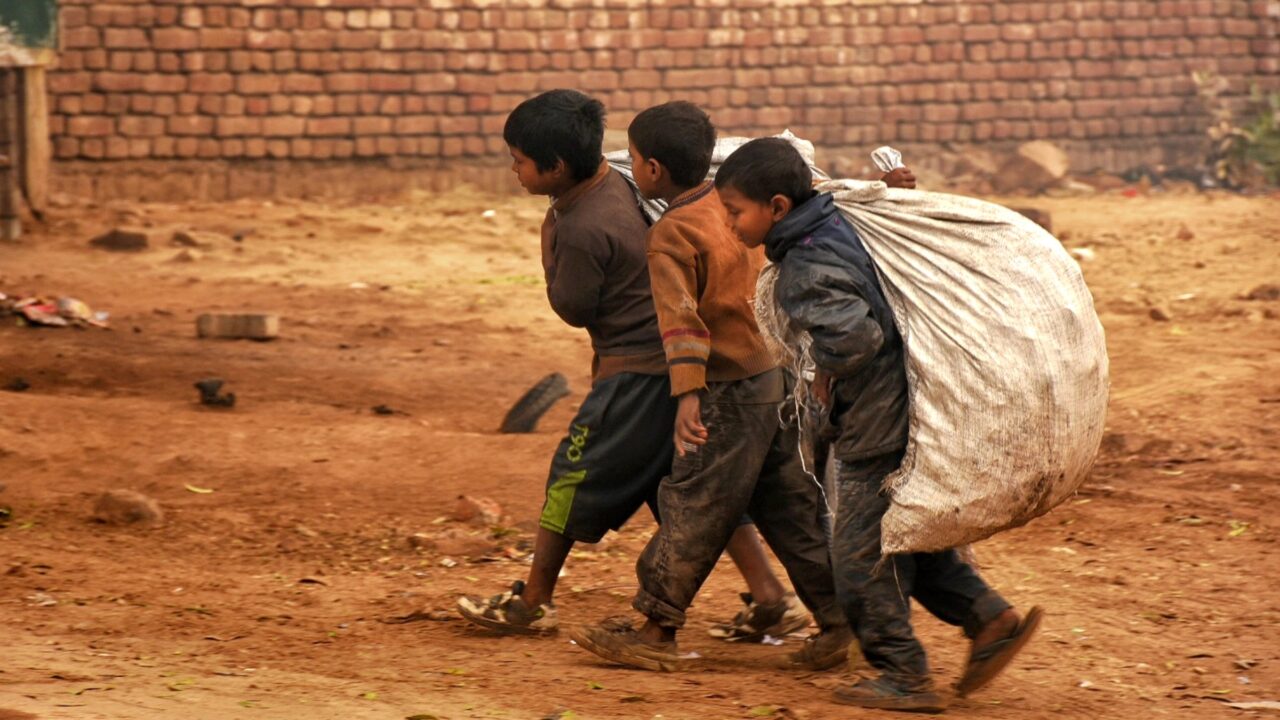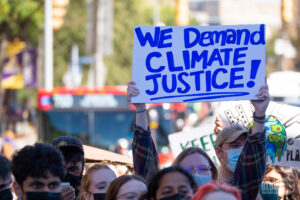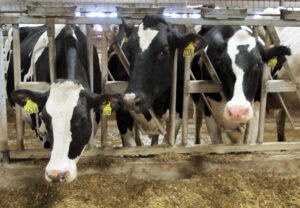UN Report Reveals 165 Million People Plunged Into Poverty in the Past Three Years
The policy brief recommends a "pause in debt payments" to "allow developing economies weighed down by debt to mitigate some social effects of these shocks, using resources earmarked for debt servicing." Kids walking in Agra, Uttar Pradesh, India. (Photo: Dulana Kodithuwakku/Unsplash/cc)
Kids walking in Agra, Uttar Pradesh, India. (Photo: Dulana Kodithuwakku/Unsplash/cc)
Successive economic shocks over the past three years—including the Covid-19 pandemic, wars and other violence, and extreme weather disasters driven by human-caused climate change—have pushed around 165 million people into poverty around the world, leaving debt-saddled nations unable or poorly prepared to deliver vital social services, a United Nations report published Friday revealed.
The United Nations Development Program (UNDP) policy brief—entitled The Human Cost of Inaction: Poverty, Social Protection and Debt Servicing, 2020-2023—notes that “over the past decade, debt service payments have steadily been consuming a larger and larger share of public revenue and expenditure in developing economies,” with “the latest data suggests that the average low-income country devotes between double and triple the share of revenue or expenditure to servicing interest payments” compared with wealthier nations.
According to the publication:
Twenty-five developing economies, the highest number since 2000, spent over 20% of their government revenues in 2022 on total external debt servicing. The average low-income country spends about 2.3 times more on interest payments than on social assistance. Due to the economic shocks during 2020-2023, we project that 165 million people fell into poverty using the $3.65-a-day poverty line—the entirety of those living in low- and lower-middle-income economies.
The policy brief recommends a “pause in debt payments” to “allow developing economies weighed down by debt to mitigate some social effects of these shocks, using resources earmarked for debt servicing.”
According to the report, it would cost just over $14 billion—approximately 0.009% of global gross domestic product in 2022—to “mitigate the current surge of poverty and lift out of poverty the 165 million people living on less than $3.65 a day.”
“This is little less, on average, than 4% of low- and middle-income countries’ public external debt service payments in 2022—which reached $370 billion,” the paper added.
UNDP Administrator Achim Steiner said in a statement that “countries that could invest in safety nets over the last three years have prevented a significant number of people from falling into poverty.”
“In highly indebted countries, there is a correlation between high levels of debt, insufficient social spending, and an alarming increase in poverty rates,” he continued. “Today, 46 countries pay more than 10% of their general government revenue on net interest payments.”
“Debt servicing is making it increasingly harder for countries to support their populations through investments in health, education, and social protection,” Steiner added. “There is a human cost of inaction in not restructuring developing countries’ sovereign debt. We need new mechanisms to anticipate and absorb shocks and make the financial architecture work for the most vulnerable.”
The UNDP brief comes after a pair of U.N. reports from Wednesday that detailed how debt is burdening the developing world and revealed the climate emergency, conflicts, and the Covid-19 pandemic have pushed an additional 122 million people into hunger worldwide since 2019.
Your support matters…Independent journalism is under threat and overshadowed by heavily funded mainstream media.
You can help level the playing field. Become a member.
Your tax-deductible contribution keeps us digging beneath the headlines to give you thought-provoking, investigative reporting and analysis that unearths what's really happening- without compromise.
Give today to support our courageous, independent journalists.






You need to be a supporter to comment.
There are currently no responses to this article.
Be the first to respond.